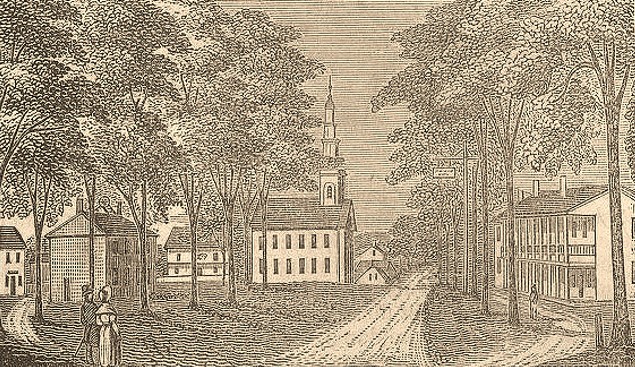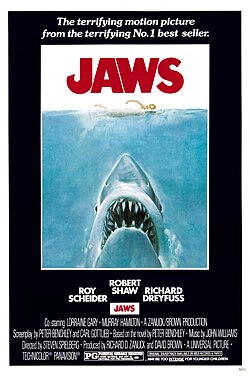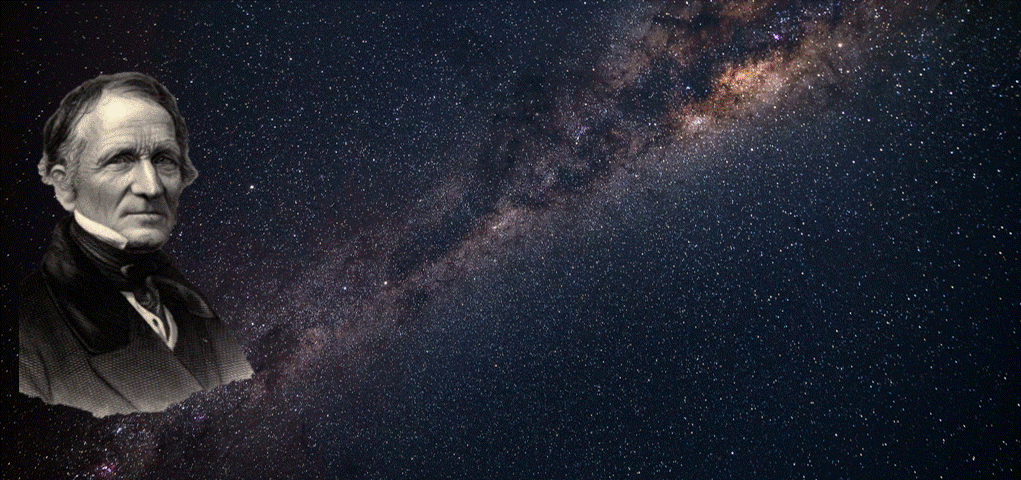
EDWARD HITCHCOCK was not the only star in the firmament of American science and philosophy in the nineteenth century, but he was certainly one of the brightest. The son of a hatter and farmer, he was raised among the wheat and rye fields of Deerfield, Massachusetts, and expected to pursue a farmer's life. But early on he developed a "strong relish" for science. By the age of twenty-five he had adopted his father's orthodox Christian faith and set a dual path for his life, science and religion.
Although Hitchcock's career as a pastor would be brief, preaching and spreading the Gospel would remain his highest calling. Nevertheless, his scientific impulses could never be denied, his spiritual life could not deflect him from the pursuit of scientific truth. In that respect he was perhaps unique for his time - and for today - for he saw no conflict between science and religion. "When rightly interpreted and understood," he wrote, "they will appear in perfect unison."
Hitchcock is best remembered for his pioneering work in paleontology, particularly in deciphering the fossilized tracks of the ancient creatures we know today as dinosaurs. But he was also the first State Geologist of Massachusetts and one of the founders of the Association of American Geologists, forerunner of the American Association for the Advancement of Science.
Hitchcock was a lifelong advocate for higher education. A professor at Amherst College for nearly forty years, he was named president in 1845 and is credited with saving that institution from dissolution. He promoted women's education (so long as the sexes were educated separately, of course!) and played a vital role in the founding of Mount Holyoke College. He was also an early proponent of agricultural education who lobbied successfully for the establishment at Amherst of Massachusetts Agricultural College, known today as the University of Massachusetts.
For all Edward Hitchcock's contributions to science, religion, and education in a young America, his story has never been told - never, that is, until now.
In All the Light Here Comes from Above: The Life and Legacy of Edward Hitchcock, Massachusetts author Robert T. McMaster brings Edward Hitchcock to life for his readers. Relying largely on Hitchcock's own words from his letters, notes, and other unpublished manuscripts, McMaster presents an intimate view of the man, his scientific achievements and his theological writings, as well as his battles with powerful personal demons that threatened him at every turn. Each chapter is introduced with a vignette, a scene from the life of Edward Hitchcock or his family, that reveals the humanity of the man with dignity, charm, and humor.
For more information on All the Light Here Comes from Above: The Life and Legacy of Edward Hitchcock including a FREE SAMPLE and HOW TO ORDER, click here.
ALSO ON THESE PAGES
TRANSCRIPTIONS: Full text of many of Hitchcock's unpublished works including his sermons, notes, travel diaries, and essays, a total of over 2000 pages, available here for the first time.
RESOURCES: Lists of Hitchcock's published works, works cited, sermons, descendants. Also Image Gallery and "The World of Edward Hitchcock Then and Now: A Photographic Tour."
HITCHCOCKIANA: News, information, and anecdotes about Edward Hitchcock and his family added by author Robert T. McMaster and updated regularly.
ABOUT THE BOOK: Reviews, excerpts, and ordering information for All the Light Here Comes from Above.
NEWS: Newspaper stories, videos, and announcements of coming events about Edward Hitchcock and the other works of Robert T. McMaster.
ZOOMCASTS: Recorded talks on the life and legacy of Edward Hitchcock with author Robert T. McMaster.
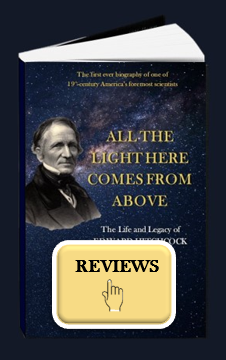
★★★★★
QUICK LINKS
Also by
Robert T. McMaster
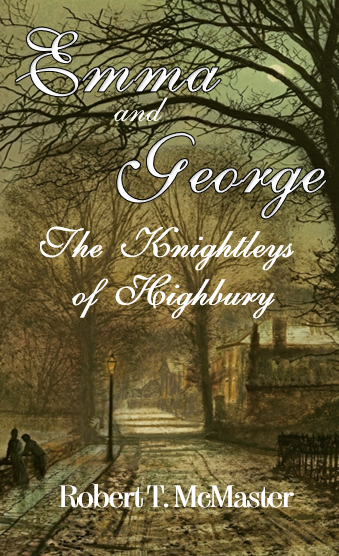
Emma and George:
The Knightleys
of Highbury
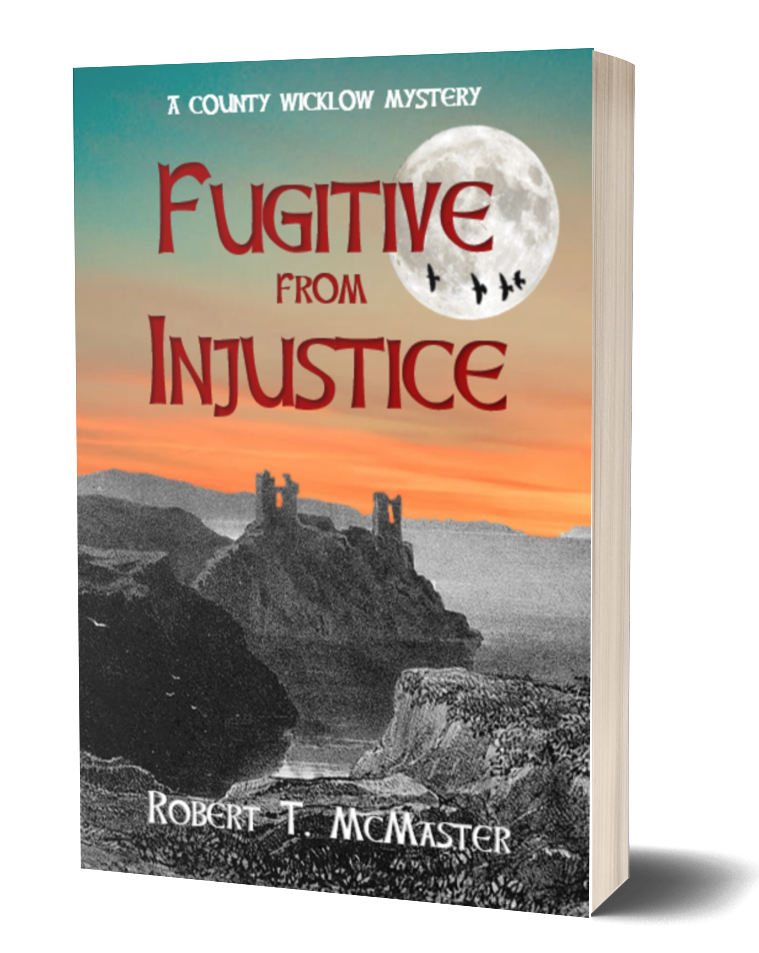
Fugitive from Injustice
Book 2 of the County Wicklow Mysteries
The Trolley Days Series
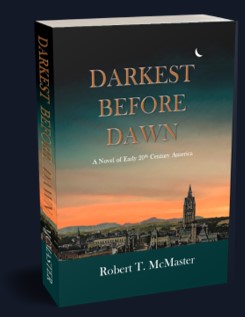
A series of historical
novels of the
World War I era
